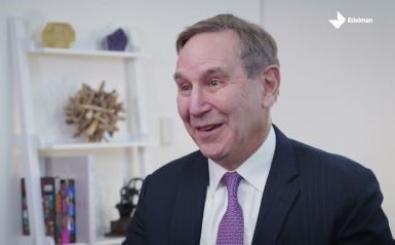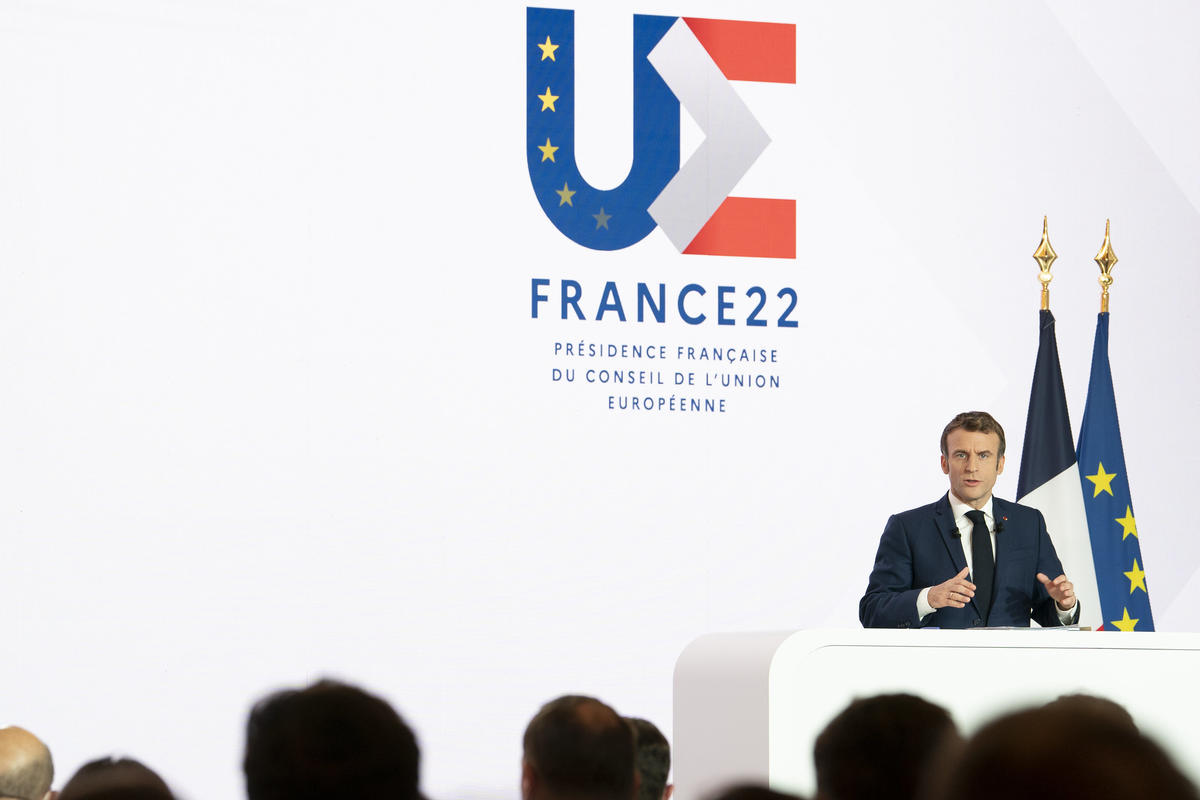On Sunday 24 April, the French people re-elected their incumbent President Emmanuel Macron for a second and final five-year term, with a slightly greater share of the vote than initially expected (58.8% compared to 41.2% for his far-right counterpart Marine Le Pen). While many saw President Macron’s resounding victory over his far-right rival as a relief, others viewed Ms Le Pen’s unprecedented score and the increasing normalisation of a far-right candidate as cause for concern.
The article below will provide a high-level overview of the expected impacts of President Macron’s re-election on the European Union (EU).
EU sectorial implications
In practical terms, President Macron is expected to leverage France’s influence to push for an EU that takes more decisive action to support Europe’s health, tech, and energy sectors, while decreasing its reliance on third countries for industrial sectors of strategic importance. At policy level, President Macron has made the building of a more effective and independent EU a key part of his program, proposing to strengthen the EU’s role across wide-ranging sectors.
- On energy, France has historically been a fierce supporter of nuclear energy across the EU and is expected to continue pushing for the sector to play a key part in the EU’s energy independence. The recently published EU taxonomy plan confirmed France’s strong position, who led a group of twelve countries supporting the inclusion of nuclear energy in the act.
- On technology, France is currently looking to protect and develop both European and national companies to ensure the supply security of key components such as semi-conductors and cloud technology. In January this year, France’s Minister for the Economy said, “the battle for the semiconductors is very much open,” and that “we want Europe to win that battle”.
- On agriculture, France reportedly accounts for 18.4% of the entire EU agricultural production, and receives an important amount of support from the EU’s Common Agriculture Policy (CAP) for which President Emmanuel Macron is known to have played a pivotal role.
- On security and defence, and in light of the recent development in Ukraine, France is also leading discussions around an EU common security policy and joint defence mechanism to strengthen cooperation and coordination between European armed forces.
Climate change
Throughout his first mandate, President Macron was accused of enacting few meaningful policy changes regarding climate change, and is now expected to adopt a much stronger stance. He notably promised to nominate a trio of Ministers dedicated to the ecological transition, starting with a Prime Minister (PM) directly responsible for ecological planning to ensure the coordination of government measures to combat climate change. In addition to that, President Macron further pledged to fight against air pollution, plant 140 million trees, reduce greenhouse gas emissions, and create a European CO2 tax in line with the EU’s Green Deal goals.
Franco-German duo
President Macron’s re-election is also seen as an opportunity to create closer ties and strong synergies with other major EU national leaders such has German Chancellor Olaf Scholz, who was reportedly the first foreign leader to call President Macron to congratulate him for his second term.
Following his re-election, President Macron is perceived to be in a position of strength, having more experience on European issues compared to the German Chancellor Scholz. Faced with challenges such as the rise of China, the stance to be adopted towards Russia and the rebuilding of the transatlantic relationship, Paris and Berlin must cooperate more closely than ever.
International reaction
The re-election of President Macron was welcomed by many different political leaders across the globe including European leaders, United Sates President Joe Biden, and Ukrainian President Volodymyr Zelensky.
President Macron’s swift reaction to the Russian invasion of Ukraine, and vocalisation of the EU’s urge to move ahead with sanctions also placed him at the forefront of the international stage, making him one of the continent’s most visible leaders on the issue. In the early stages of the war in Ukraine, he positioned himself as a key interlocutor with Russian President Vladimir Putin, and his re-election will provide him with a safe ground to maintain this position.
China’s President Xi Jinping, who also congratulated President Macron, pointed out that over the past five years, the China-France comprehensive strategic partnership has maintained a high level of development. He further placed a strong emphasis on the importance to pursue strategic and diplomatic relations of independence with both France and the EU.
What is next?
The elections have inevitably been marked by an unprecedented, yet expected, rise of the far-right movement in France. Immediately after the voting results were released, most of the opposition candidates kick-started the battle that will animate policy debates in the coming weeks leading to the legislative elections in June.
The outcome is of paramount importance for President Macron, as it will most likely determine the policy landscape of the current Presidential mandate. While no President has been denied a majority in the past 20 years, the absence of a majority in the national assembly would significantly hinder President Macron’s agenda both at the national and European level.
At a time when the EU is scrambling to reinvent itself in the face of unprecedented challenges, President Macron’s re-election provides both a sense of stability, and essential support in moving forward with the European integration agenda.
Please get in touch, and subscribe to our mailing list to receive updates from Edelman straight into your inbox. Don't worry, we don't spam ;)
Photo credit: French President Emmanuel Macron celebrates with supporters in front of the Eiffel Tower Paris, France, Sunday, April 24, 2022. (AP Photo/Rafael Yaghobzadeh)






